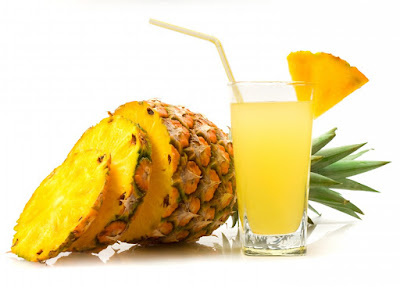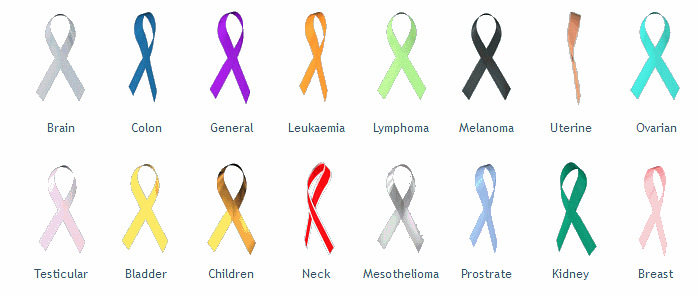- Peanuts are rich in energy (567 calories per 100 g) and
contain health benefiting nutrients, minerals, antioxidants and vitamins
that are essential for optimum health.
- They compose sufficient levels of mono-unsaturated
fatty acids (MUFA), especially oleic acid. MUFA helps lower LDL or "bad
cholesterol" and increases HDL or "good cholesterol” level in
the blood.
- Peanut kernels are good source of dietary protein;
compose fine quality amino acids that are essential for growth and
development.
- Research studies have shown that peanuts contain high
concentrations of poly-phenolic antioxidants, primarily p-coumaric
acid. This compound has been thought to reduce the risk of stomach
cancer
- Peanuts are an excellent source of resveratrol, another
polyphenolic antioxidant. Resveratrol has been found to have protective
function against cancers, heart disease, degenerative nerve disease,
Alzheimer's disease, and viral/fungal infections.
- Furthermore, studies suggest that Resveratrol may
reduce stroke risk through altering molecular mechanisms in the blood
vessels (reducing susceptibility to vascular damage through decreased
activity of angiotensin, a systemic hormone responsible for blood vessel
constriction that would elevate blood pressure), and by increasing
production of vasodilator hormone, nitric oxide.
- Recent research studies suggest that roasting/boiling
enhances antioxidant bio-availability in the peanuts. It has been found
that boiled peanuts have two and four-fold increase in isoflavone
antioxidants biochanin-A andgenistein content,
respectively.
- The kernels are an excellent source of vitamin
E (a-tocopherol); containing about 8 g per100 g. vitamin E is a
powerful lipid soluble antioxidant which helps maintain the integrity of
cell membrane of mucus membranes and skin by protecting from harmful
oxygen free radicals.
- The nuts are packed with many important B-complex
groups of vitamins such as riboflavin, niacin, thiamin, pantothenic acid,
vitamin B-6, and folate. 100 g of peanuts provide about 85% of
RDI of niacin, which contribute to brain health and blood
flow to brain.
- The nuts are rich source of minerals like copper,
manganese, potassium, calcium, iron, magnesium, zinc, and selenium.
Just a handful of
peanuts per day provide enough recommended levels of phenolic anti-oxidants,
minerals, vitamins, and protein.












